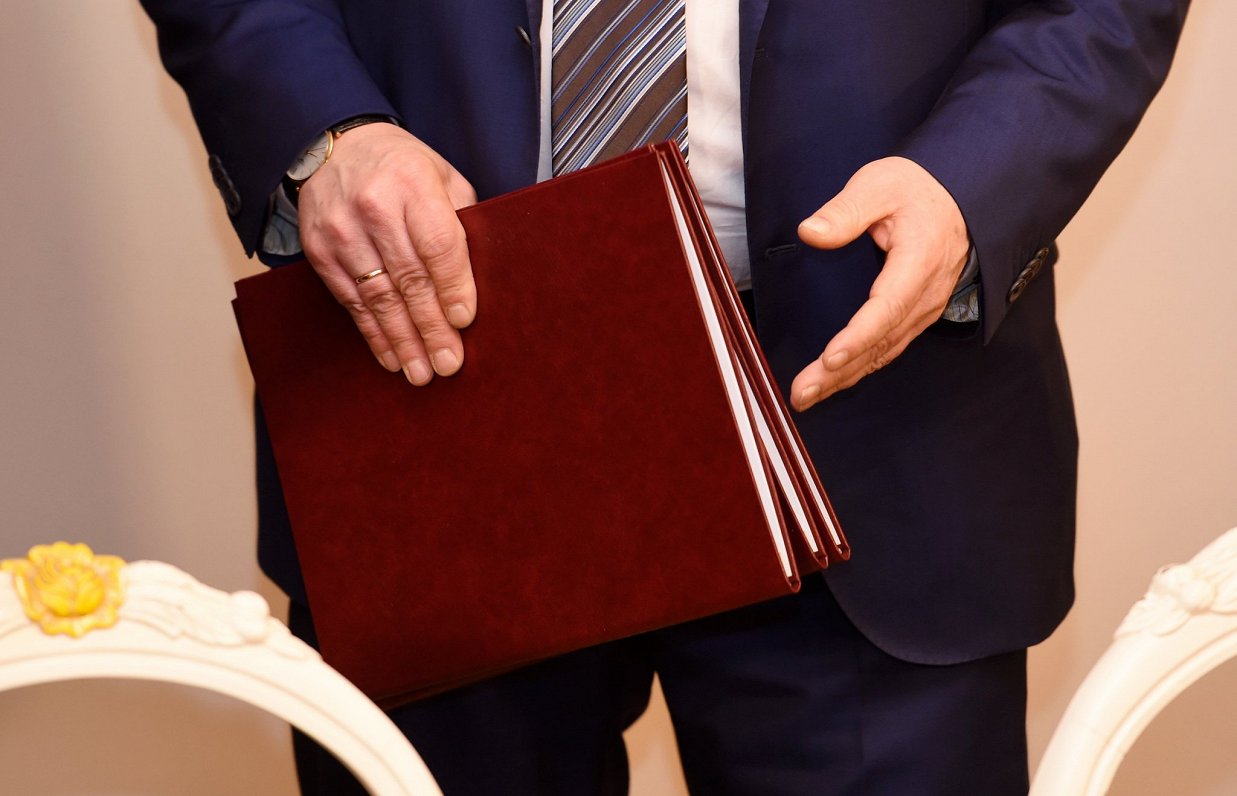A year ago, the Saeima rejected the proposal by the President of Latvia, Egils Levits, to allow voter associations to submit their lists to municipal elections. So far, it has been allowed in districts where there are no more than 5,000 inhabitants. Thus, with the reform and this year's elections, voter associations in Latvia will disappear.
Previous municipal elections show that the population trusts candidates of voter associations – in small districts more than 80 per cent of the members were elected directly from voter associations.
"Voter associations give active citizens the possibility of posing topical issues in local government policy without having to form parties or not taking place in other parties. And this would be a better option for democratic processes in the municipality, especially at the moment when the new large municipalities have been created,” said Jānis Pleps, the President's advisor on law policy.
Pleps pointed out that Latvia was the only country in Europe where local communities have been denied access to the elections.
This was also investigated by the Jūrmala Protection Association, which had previously fought in the Constitutional Court for the right of voter associations to run for office in council. The latest study of the Association shows that there are only three countries where voter associations are not allowed, but individual candidates can participate in the elections in the Netherlands and Slovakia, whereas there are no restrictions on the establishment of parties in Sweden and they can be composed of one person.
Founder of Jūrmala Protection Association sworn lawyer Lauris Liepa said people are reluctant to engage in political parties.
“The statistics show that confidence in parties is not growing. Voters, like local activists trying to start municipal elections, clench their teeth and are forced to accept this party monopoly, play this game. I would say that the first and main shortcomings are that in Latvia the monopoly of parties in municipal elections limits the desire of people to engage in political activities at municipal level,” Liepa said.
It could be beneficial for the current political and political parties not to give an opportunity to voters' associations because the parties now in power are distributing more than four million euro budget money, and for the large parties the money will also be allocated for each vote obtained in municipal elections.
However, the legislator has fulfilled the President's call to the extent that, after the elections, municipalities will be obliged to form resident councils that will participate in decision-making. The politicians have also promised to finally introduce the old idea of local referendums in reality.
On June 5, municipal elections will take place in Latvia. Unlike previous elections, there will be a significantly lower number of seats and electable members. The territorial reform involves electing 42 municipal councils instead of 119 to date, while the number of members will fall by almost half.





























